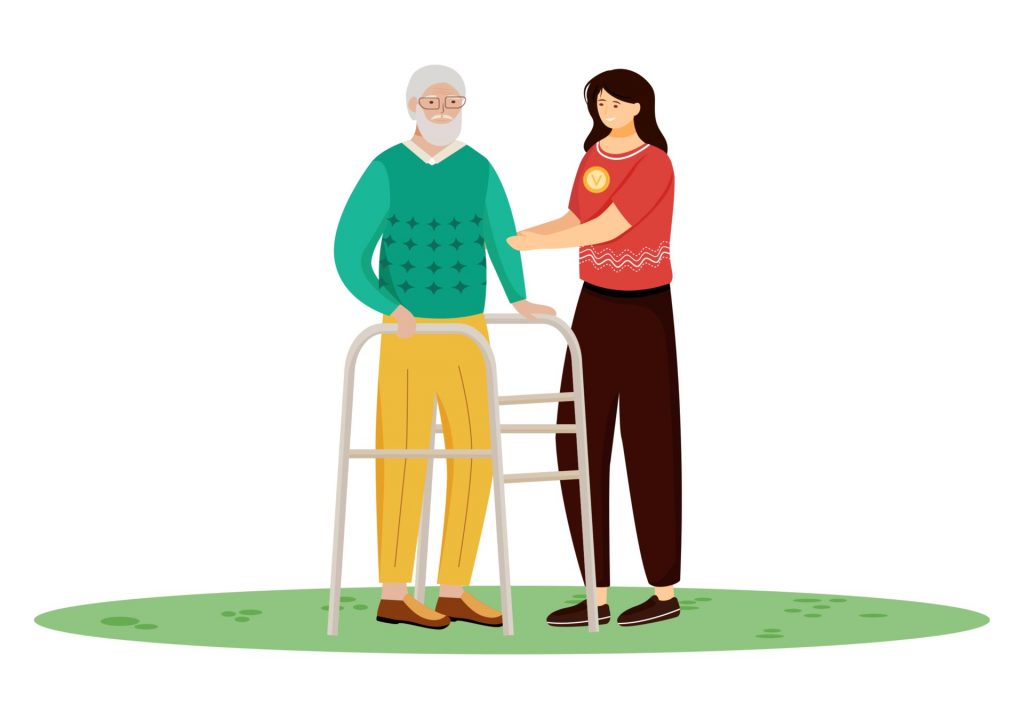Unraveling the Enigma: Unveiling the Factors that Trigger Sudden Deterioration in Dementia Patients
2 min read
Dementia is a complex neurological disorder that affects millions of individuals worldwide. While the progression of dementia is typically gradual, there are instances when the condition suddenly worsens, leaving both patients and their caregivers perplexed. In this blog post, we will delve into the various factors that can contribute to the sudden deterioration of dementia and explore potential strategies to mitigate its impact.
- Infections and Medical Conditions:
Dementia patients are more susceptible to infections and medical conditions, which can exacerbate their cognitive decline. Common infections such as urinary tract infections (UTIs), respiratory infections, and even dental issues can trigger sudden cognitive decline. It is crucial to promptly identify and treat these underlying medical conditions to prevent further deterioration. - Medication and Drug Interactions:
Certain medications, when combined or administered incorrectly, can have adverse effects on individuals with dementia. Drug interactions, side effects, or incorrect dosages can lead to sudden cognitive decline. Careful medication management, including regular reviews by healthcare professionals, is essential to minimize the risk of medication-related deterioration. - Changes in Routine and Environment:
Dementia patients thrive on familiarity and routine. Any significant changes in their environment, such as moving to a new residence or rearranging furniture, can cause confusion and distress, leading to sudden deterioration. Maintaining a consistent and familiar environment can help minimize these disruptions and provide a sense of stability for individuals with dementia. - Emotional and Psychological Factors:
Emotional and psychological factors, such as stress, anxiety, and depression, can significantly impact the cognitive functioning of dementia patients. Sudden life events, such as the loss of a loved one or a major life transition, can trigger a decline in cognitive abilities. Providing emotional support, engaging in therapeutic activities, and ensuring a nurturing social environment can help mitigate the impact of these factors. - Lack of Mental Stimulation:
A lack of mental stimulation and cognitive engagement can contribute to the sudden worsening of dementia symptoms. Regular mental exercises, such as puzzles, memory games, and social interactions, can help maintain cognitive function and delay cognitive decline. Creating a stimulating and enriching environment is crucial for individuals with dementia.
Conclusion:
Understanding the factors that can trigger sudden deterioration in dementia patients is essential for providing effective care and support. By addressing infections and medical conditions promptly, managing medications carefully, maintaining a consistent environment, addressing emotional and psychological factors, and promoting mental stimulation, we can strive to minimize the impact of sudden deterioration in dementia. Remember, every individual with dementia is unique, and a personalized approach to care is crucial for their well-being.

